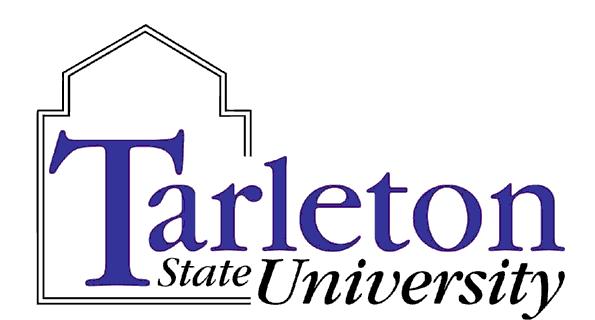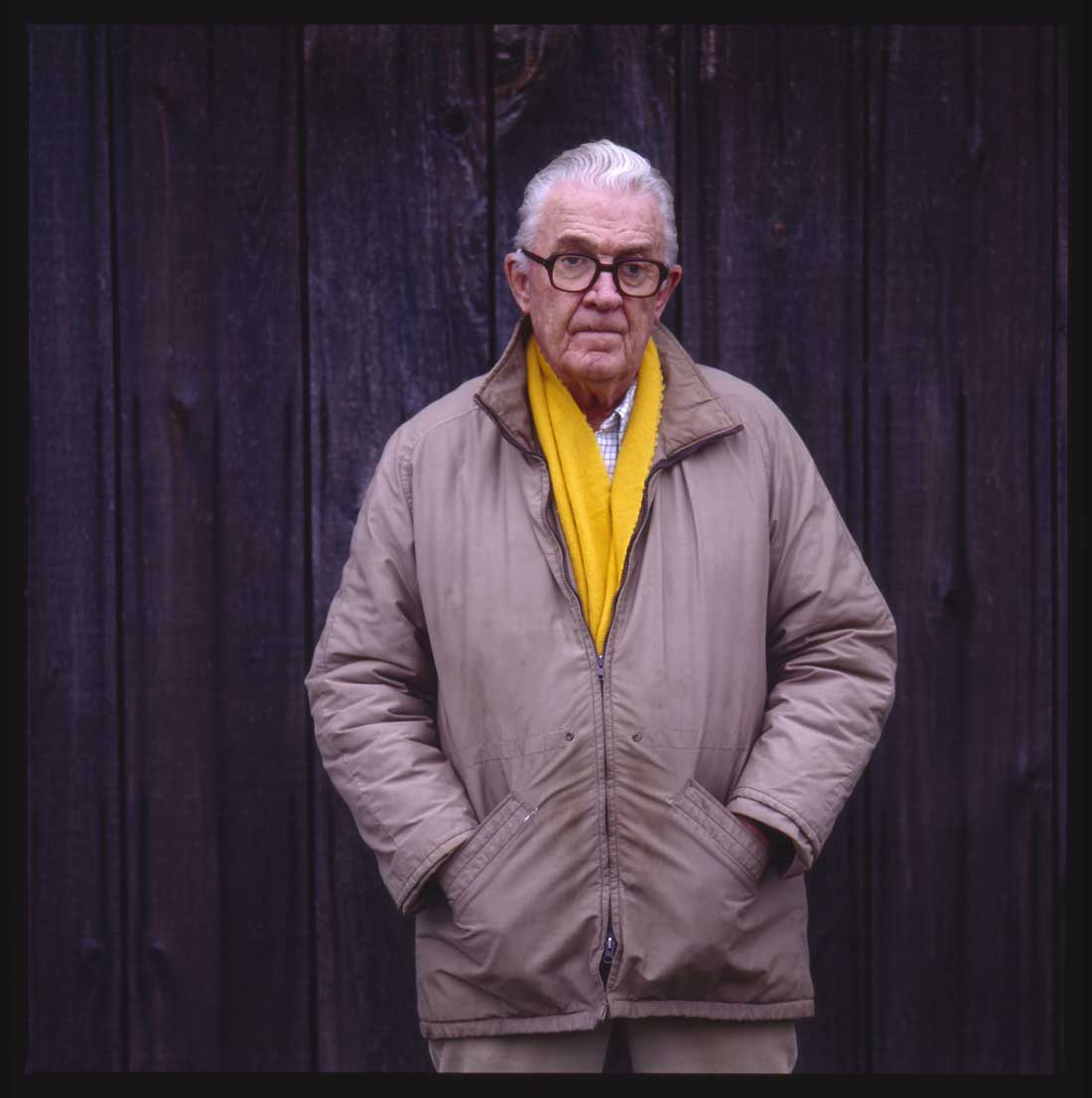Journalism students at Tarleton State University have uncovered interesting developments in the question of how and why that college’s controversial production of Corpus Christi by Terrence McNally, got canceled. The students there operate the Texan News Service, and this is the story that they released on Wednesday night:

GOP Blog: “Necessary Steps” Taken to Kill Tarleton Student’s Play State, Tarleton Officials Denounce Account.
Since last month’s cancellation of a controversial play depicting a Christ-like character as gay, Tarleton State University administrators have maintained that the production was stopped because of concerns for student safety and academic integrity and not because of any pressure from Austin.
Now, however, another picture of what may have happened behind the scenes has begun to emerge. The president of a Republican organization claims that Gov. Rick Perry and Lt. Gov. David Dewhurst were instrumental in the play’s termination.
The play’s student producer, John Jordan Otte, told a Dallas newspaper shortly after the play’s cancellation that “jobs were threatened.” He later said his comment to a Dallas Voice reporter wasn’t intended for publication and that he had no “factual knowledge” that anyone on campus was threatened with firing. But Otte also said that the university “bowed down to extremists.”
University officials said they are trying to locate phone records that might show who was in communication with Tarleton administrators prior to the play’s cancellation. The Texan News Service requested the records under the Texas Public Information Act.
Tarleton State University President Dr. Dominic Dottavio said in a Texan TV News interview he had no contact with the state’s chief executives about the play.
“I can tell you unequivocally, I have not had any conversations with the lieutenant governor,” he said. “Nobody from the capital called me … to weigh in their opinion on this issue.” Dottavio said the university was not coerced into cancelling the play. “That did not happen,” he said.
But Dr. Steven Hotze, president of Conservative Republicans of Texas, has made the claim that “behind the scenes work” by Perry was responsible for halting the play. In a note posted on political blogger Norman Adams’ web site, Hotze said the governor and his chief of staff killed the controversial play.
“We also owe a debt of gratitude to Gov. Perry for his behind the scenes work to stop the play at Tarleton State,” Hotze wrote. “Ray Sullivan, the governor’s chief of staff, was notified of the play on Thursday and after discussing it with the governor, the necessary steps were taken to ensure that its performance was canceled.”
Hotze did not respond to repeated requests for an interview.
Tarleton theater professor Mark Holtorf also disputed Hotze’s contention that the governor played any role in his decision. The university said the decision to cancel the play was Holtorf’s alone.
“Gov. Perry did not affect my decision, and Lt. Gov. Dewhurst did not weigh in on my decision to cancel the play,” Holtorf said. “I am confused by what is being said. It was my decision.”
Perry’s chief of staff declined comment. But Perry’s office said the governor had no involvement. “The decision to cancel the play was the university’s, and the governor didn’t have anything to do with it,” said Perry spokeswoman Lucy Nashed. She also referred questions about the posting to Adams.
The blogger himself seemed convinced that top state officials did play a role.
“Of course Perry and Dewhurst had something to do with it, but I don’t know what steps were taken,” Adams said in an interview. He’s the co-founder of Texans for Sensible Immigration Policy and founding director of Citizens Against Lawsuit Abuse (“CALA”)
The posting, headlined “Tarleton State University Hosts Hate Speech Against Christians, Play Canceled” post, remained available yesterday. Adams said that Hotze and others were “thanking Dewhurst and Perry for whatever assistance they lent in helping to cancel the play. I assume when the university received all of the e-mails from certain people, then they decided to cancel it.”
“You should ask the head of the university,” Adams said. ”They know what happened.”
Tarleton spokeswoman Liza Benedict said Hotze’s claims are not credible. “They are just trying to create trouble and keep this thing going,” she said, “We never once spoke to the lieutenant governor or the governor. They had nothing to do with the professor’s decision to cancel the play.”
The day before the play was canceled, Dewhurst denounced the production as blasphemous. “Every citizen is entitled to the freedom of speech, but no one should have the right to use government funds or institutions to portray acts that are morally reprehensible to the vast majority of Americans,” he said in a written statement his office distributed online.
Dewhurst spokesperson Rich Parsons said in a Texan News Service interview, that “once the play reached a national level, our office received many calls about the play, and Chief of Staff Blaine Brunson contacted the A&M staff to get some background information on the play, but the lieutenant governor did not contact Tarleton.” Tarleton is part of the Texas A&M University System.
The play was denounced by some religious leaders and others as blasphemous, sparking calls for protests on the Tarleton campus. The in-person protests, however, failed to materialize after the play was cancelled.
The university was flooded with thousands of e-mails protesting the play, most of them generated by social networking sites and an online petition. Many of the e-mails repeated the same short message: “Blasphemy is not free speech. Cancel the play.”
University officials said thousands of e-mails about the play went to Dottavio, Holtorf and others.. The Texan News Service has requested copies of some of those e-mails. The university has said it would cost $2,627.50 to make the records available.
Tarleton has also suspended student journalists’ access to its YouTube channel. Students had used the channel to post Texan TV News newscasts, including stories about the play and its aftermath. Officials said they were suspending student access to the channel until policies governing its use can be created.
The university had also temporarily suspended journalism students’ access to post Texan News Service print stories on its page on the university web site, but lifted that suspension for the remainder of the semester.










